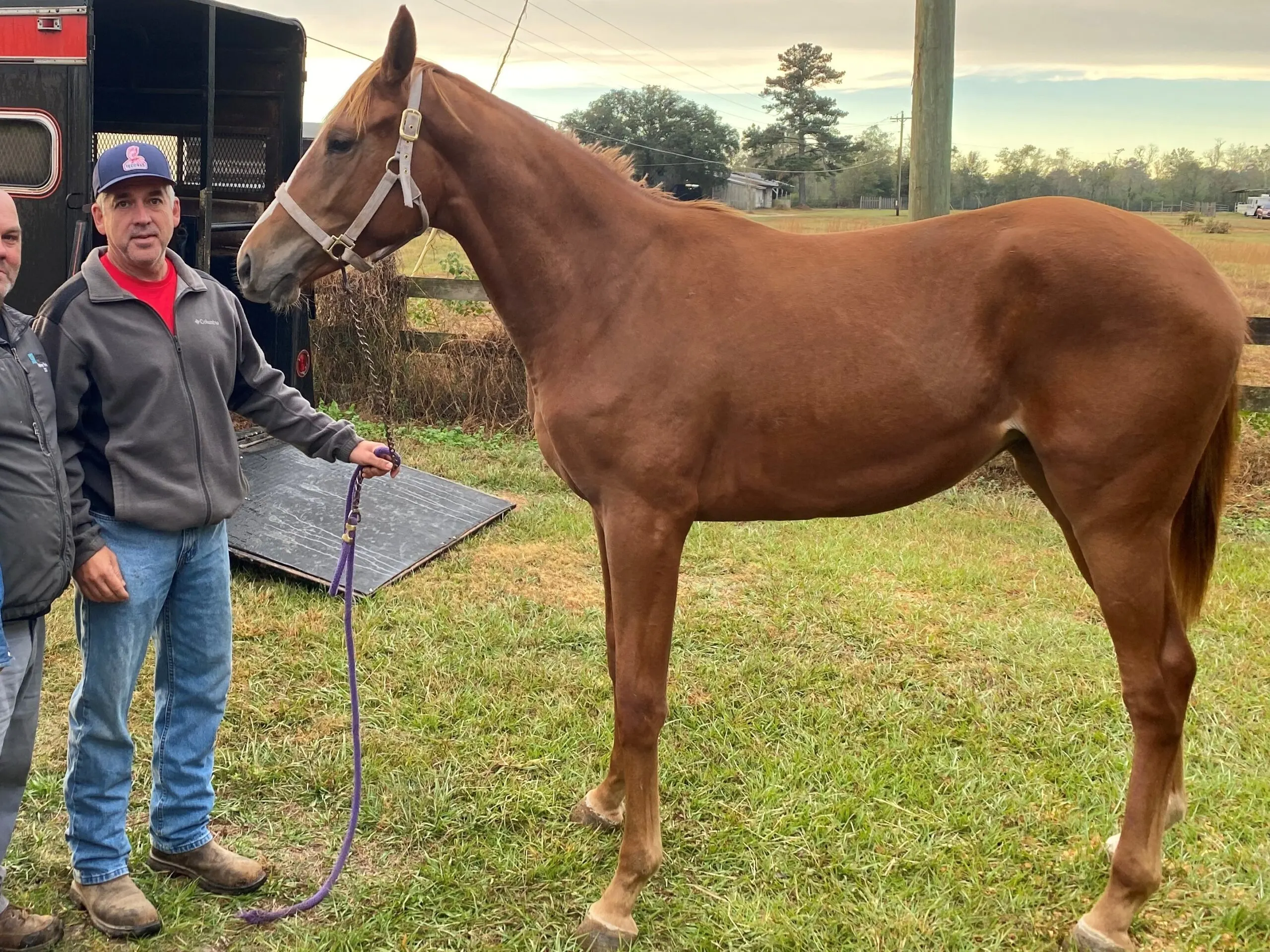Last updated: March 13, 2024
Horses have galloped through the annals of history and hold profound spiritual significance across various cultures and mythologies. From the white horse symbolizing purity and enlightenment to the powerful imagery of the horsemen of the apocalypse, horses embody a wide array of meanings, including power, wisdom, and transformation.
This article explores the rich tapestry of horse symbolism, delving into ancient beliefs, spiritual practices, and mythological tales that highlight the horse’s enduring legacy as a symbol of spiritual guidance and insight.

Horses in Mythology and Religion
Greek Mythology: The Greeks revered horses for their strength and beauty, with creatures like Pegasus, the winged horse, symbolizing freedom and inspiration. Poseidon, the god of the sea, was also the creator of horses, associating them with the elements and natural forces.
Celtic Mythology: In Celtic beliefs, horses were linked to fertility, and the goddess Epona, protector of horses, symbolizes care and reverence for these powerful animals. Rhiannon, another figure from Celtic mythology, is often depicted riding a white horse, representing wisdom and magical guidance.
Native American Tribes: For many Native American tribes, the horse is considered a spirit animal that offers guidance for overcoming obstacles and embarking on new directions. Horses symbolize stamina, passion, and the ability to travel between the physical and spiritual worlds.
Buddhism and Eastern Traditions: In Buddhism, the white horse carries significant symbolism, often associated with the story of Buddha’s departure from his royal life. The horse in the Chinese zodiac represents good luck, agility, and an adventurous spirit.
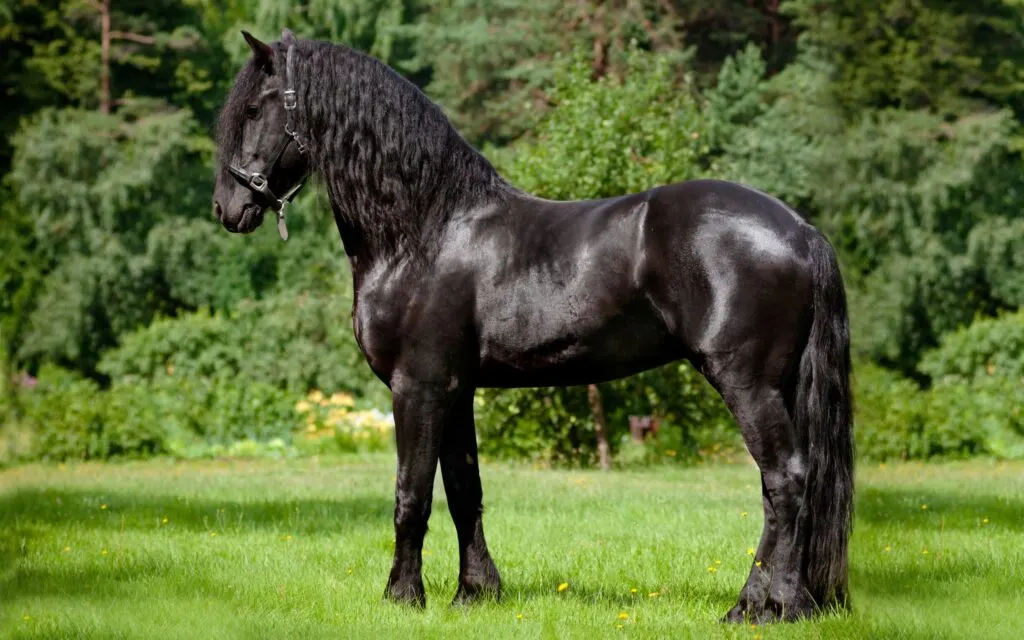
Horse Symbolism in Literature: A Journey Through Narratives
In literature, horses often transcend their role as mere characters or settings; they become potent symbols embodying freedom, journey, and transformation. From classic tales to contemporary narratives, horses carry the weight of human emotions and aspirations, serving as mirrors to our deepest desires and fears.
Classic Literature: In Anna Sewell’s “Black Beauty,” the horse is a narrator, offering a unique perspective on human morality and the quest for kindness in a harsh world. This novel highlights the horse’s journey through various owners, symbolizing resilience and the impact of compassion.
Epic Tales: Horses’ role in epic literature, such as Homer’s Iliad, showcases their significance in heroism and warfare. Horses like Achilles’ immortal steeds, Xanthos and Balius, symbolize nobility, speed, and the tragic beauty of war.
Modern Narratives: In Cormac McCarthy’s “All the Pretty Horses,” horses symbolize the fading ideals of the American West, embodying freedom, adventure, and the painful transition from innocence to experience. The bond between the protagonist and his horse reflects the enduring connection between humans and nature.
Symbolic Representation: Beyond their physical presence, horses in literature often represent the characters’ emotional and spiritual journeys. They are companions in adventures, catalysts for personal growth, and symbols of the untamed spirit longing for expression.

Unraveling the Symbolism of Horse Colors
The colors of horses in spiritual and cultural symbolism are not arbitrary; they are deeply rooted in historical beliefs, mythologies, and the natural qualities these colors represent. Let’s explore the significance of some of the most emblematic horse colors and the reasons behind their symbolic meanings.
White Horse
Purity and Enlightenment The white horse is universally associated with purity, enlightenment, and spiritual awakening. This association stems from the color white’s universal symbolism of light, innocence, and beginnings. In many cultures, white is the color of divinity and the sacred, representing a blank slate or a pure state before the corruption of the material world.
In Christian imagery, the white horse is linked to the victorious Christ in the Book of Revelation, symbolizing righteousness and conquest over evil. Similarly, in Hindu mythology, the white horse is often associated with the sun god, Surya, representing clarity, brilliance, and the illumination of truth.
Black Horse:
Mystery and the Unknown: The black horse symbolizes mystery, the unknown, and sometimes death, drawing on the color black’s deep association with the night, the void, and the unseen realms beyond human understanding.
In many traditions, black is the color of the underworld or the afterlife, representing the journey into the unknown. The black horse, with its striking and imposing presence, embodies the formidable forces of nature that are beyond human control, evoking a sense of awe and reverence.
In the Book of Revelation, the black horse is associated with famine, highlighting the color’s connection to hardship and the trials that test the human spirit.

Red Horse:
Passion and Warfare The red horse is imbued with the symbolism of passion, energy, and warfare, reflecting the color red’s associations with blood, fire, and life force. In many cultures, red is the color of vitality, danger, and power, representing the primal forces that drive action and change.
The red horse in the Book of Revelation symbolizes war and bloodshed, capturing the dual nature of red as the color of life-giving blood and the violence of conflict. This symbolism underscores the horse’s role in human history as both a companion in life’s battles and a bearer of the warrior spirit.
Bay Horses:
Earthiness and Reliability Bay horses, with their rich, earthy tones, symbolize reliability, steadfastness, and the grounding force of the natural world. These colors, reminiscent of the soil and the changing leaves, evoke a sense of stability and resilience.
In many cultures, earth tones are associated with fertility, growth, and the nurturing aspects of nature. They reflect the horse’s role in agriculture and connection to human survival. Bay horses, with their warm hues, represent the dependable presence that has made the horse an invaluable ally to humans throughout history.

The Horse in Spiritual Symbolism
Horse Spirit Animal: The horse, as a spirit animal, embodies freedom, power, and the courage to embrace new journeys. It encourages individuals to pursue their passions with determination and to navigate life’s challenges with grace.
Horse Totem Animal: As a totem animal, the horse inspires those it guides to tap into their inner strength and to use their power wisely. It represents the drive towards achieving one’s goals and the stamina required to see them through.
Horse Power Animal: Invoking the horse as a power animal can empower individuals to overcome adversity, harness their personal strength, and explore uncharted territories with confidence and enthusiasm.
Horses in Global Spiritual Narratives
The Bible and Revelations: In the Bible, horses are depicted as symbols of conquest, war, famine, and death, as seen in the Four Horsemen of the Apocalypse. These images convey the transformative power of horses, heralding significant changes and the unveiling of new truths.
Mythological Creatures: Beyond real horses, mythological equines like unicorns and dragons (often depicted with horse-like qualities) enrich the spiritual symbolism of horses, adding layers of mystery, purity, and magic to their essence.
Cultural Celebrations and Reverence: Across the world, horses are celebrated in festivals, art, and literature, highlighting their role as companions to humans and as spiritual guides. Their depiction in global cultures underscores the universal reverence for their spirit and the diverse meanings they embody.
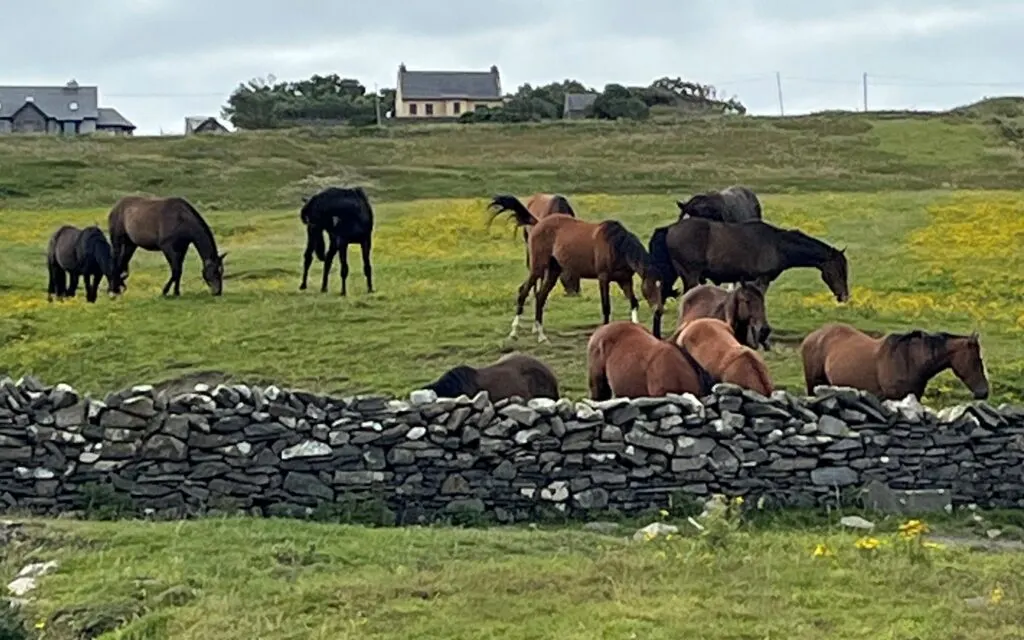
The Biblical Meaning of Horses: Symbols of Divine Messages and Judgments
In exploring the spiritual symbolism of horses, the biblical perspective offers a rich tapestry of meanings that extend from power and glory to divine warnings and the fulfillment of prophecy. Horses in the Bible are potent symbols of war, strength, and the divine intervention in human affairs.
War, Power, and Glory: Biblical references to horses often symbolize the force and status of kings or nations. In times of peace, horses are put away, signifying the cessation of conflict (Deuteronomy 17:16). This dual symbolism reflects the horse’s role as both a bearer of warriors and a symbol of sovereign might.
Divine Prohibition and Wisdom: The restriction against kings acquiring excessive numbers of horses (Deuteronomy 17:16) serves as a divine caution against the abuse of power and reliance on military might over spiritual strength. This principle underscores the importance of humility and trust in divine guidance over earthly possessions.
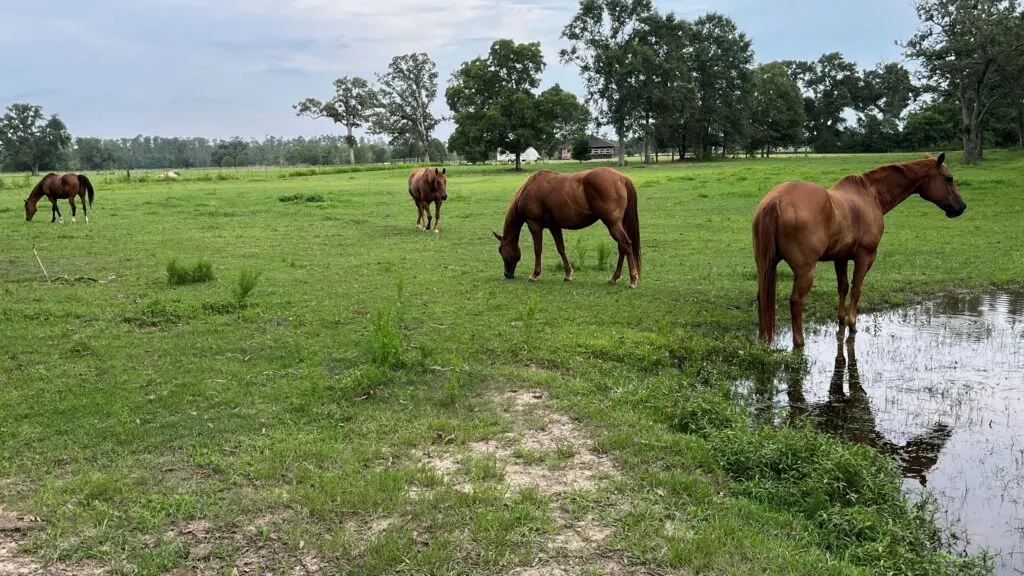
Symbolism in Dreams and Prophecies: The biblical narrative also delves into the symbolism of horses in dreams and prophecies. The white horse, for instance, is often associated with victory and conquest, embodying righteous warfare and the triumph of good over evil (Revelation 6:2).
The Four Horses of the Apocalypse: Perhaps one of the most vivid depictions of horse symbolism in the Bible is found in the Book of Revelation, where the Four Horses of the Apocalypse represent conquest, war, famine, and death. These horses and their riders herald the end times, each symbolizing different aspects of the cataclysmic events that precede the final judgment.
The Pale Horse: Among the apocalyptic horses, the pale horse stands out for its association with death and pestilence (Revelation 6:7-8). This horse’s eerie presence serves as a reminder of mortality and the inevitability of divine judgment, inviting reflection on the transient nature of life and the importance of spiritual readiness.
Below is a YouTube video about the Biblical meaning of horses in dreams.
Symbols of Horses Across Cultures and Mythologies
Wild Horses as a Symbol of Freedom: Wild horses, with their unbridled spirits and boundless landscapes, epitomize the essence of freedom and limitless opportunities. Their representation in American culture, from the iconic Ford Mustang to the P-51 Mustang fighter plane, underscores the horse’s role as a symbol of American freedom and the fierce spirit of independence.
Native American Culture: In Native American culture, horses transformed from symbols of nobility and wealth to emblems of power and spirituality. The reintroduction of horses by Spanish explorers brought unprecedented mobility and a profound spiritual connection, elevating horses to revered figures that symbolized freedom and a tribe’s prosperity.
Rituals and Ceremonies: Many cultures recognize the spiritual and symbolic importance of horses and have woven them into the fabric of their most sacred rituals and ceremonies. The horse’s presence in these solemn occasions underscores its role not just as a symbol of power and freedom but as an active participant in spiritual practices.
From Native American tribes, who revered horses as “God Dogs,” to ancient Celts, where horses were central to fertility and harvest ceremonies, the integration of horses into these sacred rites reflects their deep-rooted significance across various spiritual traditions.
The Mystique of the Flying Horse: The flying horse, or Pegasus in Greek mythology, transcends the earthly realm, symbolizing the bridge between the physical and the spiritual. This mythical creature’s ability to soar represents liberation from worldly constraints and pursuing higher knowledge and spiritual enlightenment.
Horses as Deities and Sacred Beings: Throughout history, horses have been venerated as sacred animals, from the chariots of ancient gods to their depiction in sacred art worldwide. The reverence for horses in ancient Greece, China, and among Native American tribes highlights their significance as symbols of strength, virility, and divine protection.
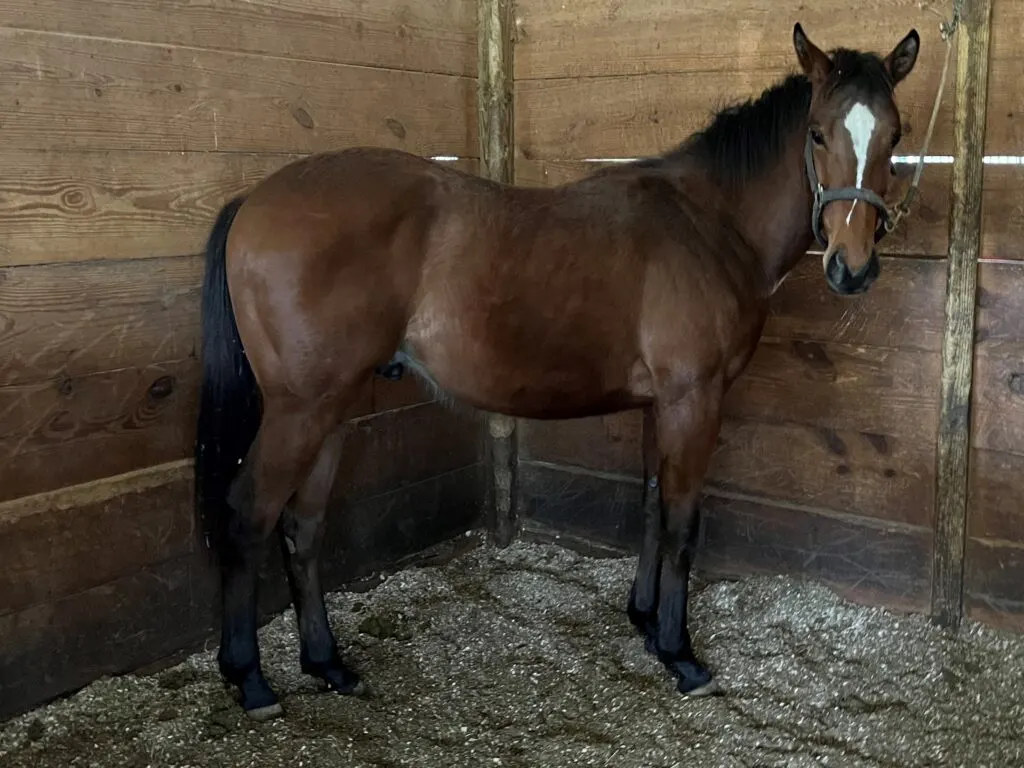
FAQs on the Spiritual Symbolism of Horses
What is the spiritual significance of mares in mythology and culture?
Mares symbolize fertility, motherhood, and earthiness in various cultures. They’re often linked to nurturing and life-giving forces, representing intuition and the natural cycles. In Celtic mythology, the goddess Epona, associated with mares, underscores their connection to abundance and protection.
How does the unicorn’s symbolism differ from that of real horses?
Unicorns symbolize purity, grace, and magic, transcending the earthly attributes of horses. Associated with innocence and healing, unicorns represent the pursuit of the unattainable and the divine, embodying hope, dreams, and the mystical realms beyond our tangible world.
How does the horseshoe relate to spiritual symbolism and luck?
In many cultures, the horseshoe symbolizes luck and protection, often associated with the horse’s spiritual significance. Traditionally, horseshoes were hung over doorways to protect the home. The shape of the horseshoe, resembling a crescent moon, also links it to fertility, prosperity, and the divine feminine in some traditions.
What does riding a horse symbolize?
Riding a horse symbolizes strength, control, and free spirits. It represents the ability to navigate challenges and overcome obstacles with grace and power. It can also suggest a journey or adventure, one that requires courage and determination to see through to the end.
Horse symbolism in art.
Horses are one of the earliest subjects of cave paintings and were thought to be a source of power with connections to the gods. In some sculptures and paintings, they symbolized fertility, omens, and freedom.
Why do Native Americans call horses “God Dogs”?
Native Americans refer to horses as “God Dogs” as a term of reverence and respect. This unique name reflects the profound spiritual significance and the transformative impact horses had on their way of life, symbolizing the deep bond and sacred connection between horses and Native American cultures.
Conclusion: Embracing the Spiritual Journey with Horses
The spiritual meaning of the horse transcends its physical form, offering insights into our deepest desires for freedom, power, and the pursuit of enlightenment. Whether through the tales of ancient mythology, folklore, the teachings of spiritual traditions, or the personal connection one feels with a horse, these animals continue to inspire and guide humanity on its spiritual journey.
We invite you to share your experiences or reflections on what horses symbolize spiritually for you. Have you felt a deep connection with horses or been inspired by their presence in mythology and spirituality? Your stories enrich our collective understanding and appreciation of the horse’s profound spiritual significance.
Meet Miles Henry
An avid equestrian and seasoned racehorse owner, Miles Henry brings his extensive experience to the equine world, proudly associating with the AQHA, The Jockey Club, and various other equine organizations. Beyond the racetrack, Miles is an accomplished author, having published various books about horses, and is a recognized authority in the field, with his work cited in multiple publications.
🔗 Connect with Miles:
Twitter
Facebook
YouTube: Check out race highlights, horse care tips, and more!

